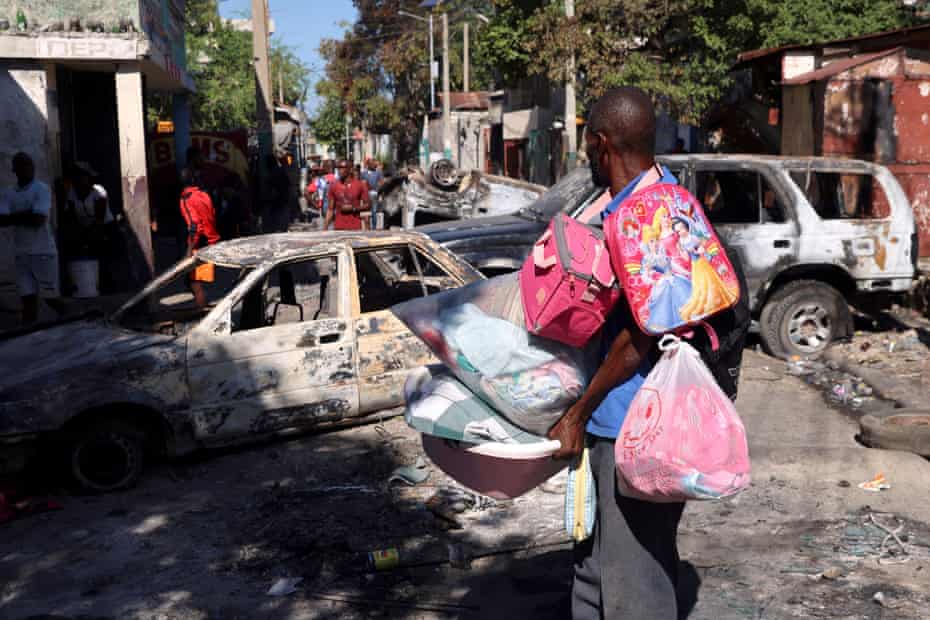The United States (U.S) has officially designated a powerful Haitian gang alliance and a notorious affiliated faction as transnational terrorist organizations, a move that marks a significant escalation in Washington’s response to the deepening chaos in Haiti.
Viv Ansanm, a sprawling criminal coalition that has seized control of much of Port-au-Prince, and the Gran Grif gang, responsible for a horrific massacre of at least 115 people in the town of Pont-Sondé last October, were both included in the designation announced Friday.
“They are a direct threat to U.S. national security interests in our region,” said U.S. Secretary of State Marco Rubio in a statement. He warned that anyone providing material support to the gangs could face criminal prosecution, removal from the United States, or be deemed inadmissible to enter the country.
The designation is part of a broader U.S. crackdown on organized crime in Latin America. Earlier this year, the U.S. labeled Venezuela’s Tren de Aragua and Mexico’s Sinaloa cartel as global terrorist entities. However, the practical implications of the new designation in Haiti, where governance has nearly collapsed, remain uncertain.
Experts say the move could have sweeping consequences beyond security. “It could function as a de facto embargo,” said Jake Johnston of the Center for Economic and Policy Research. “The gangs exercise tremendous control over the commerce of the country. Doing any kind of business with or in Haiti is going to carry much greater risk now.”
The designation comes as Haiti plunges deeper into crisis. More than 1 million people have been displaced by violence in recent months, and the situation is deteriorating rapidly. Gangs now control major roads, critical fuel depots, the country’s largest port, and entire neighborhoods in the capital. They impose tolls, restrict aid, and effectively dominate key aspects of Haitian life.
Despite repeated calls from the United Nations and humanitarian organizations, the international response has been minimal. The U.S. and other nations have continued deporting Haitian migrants even as conditions on the ground worsen. Aid flows have been hampered by bureaucratic delays and security concerns. The U.S. Agency for International Development (USAID) has also seen significant cuts, weakening its presence during a time of dire need.
Meanwhile, an underresourced UN-backed multinational security mission, intended to stabilize the country, has made little progress in halting the gang surge. Haiti’s last election was in 2016, and the country has been without a functioning government since President Jovenel Moïse was assassinated in 2021.
In the absence of state authority, gang rule has become the norm. Hospitals are shutting down, food insecurity is climbing, and firearms continue to flood into Haiti, largely through ports in Florida, according to a recent UN report.
The terrorist designation could potentially limit the gangs’ access to international finances and pressure foreign actors to avoid any transactions linked to Haiti’s illicit networks. But on the ground, for millions of Haitians caught between hunger and bullets, the immediate effect may be little more than symbolic.

